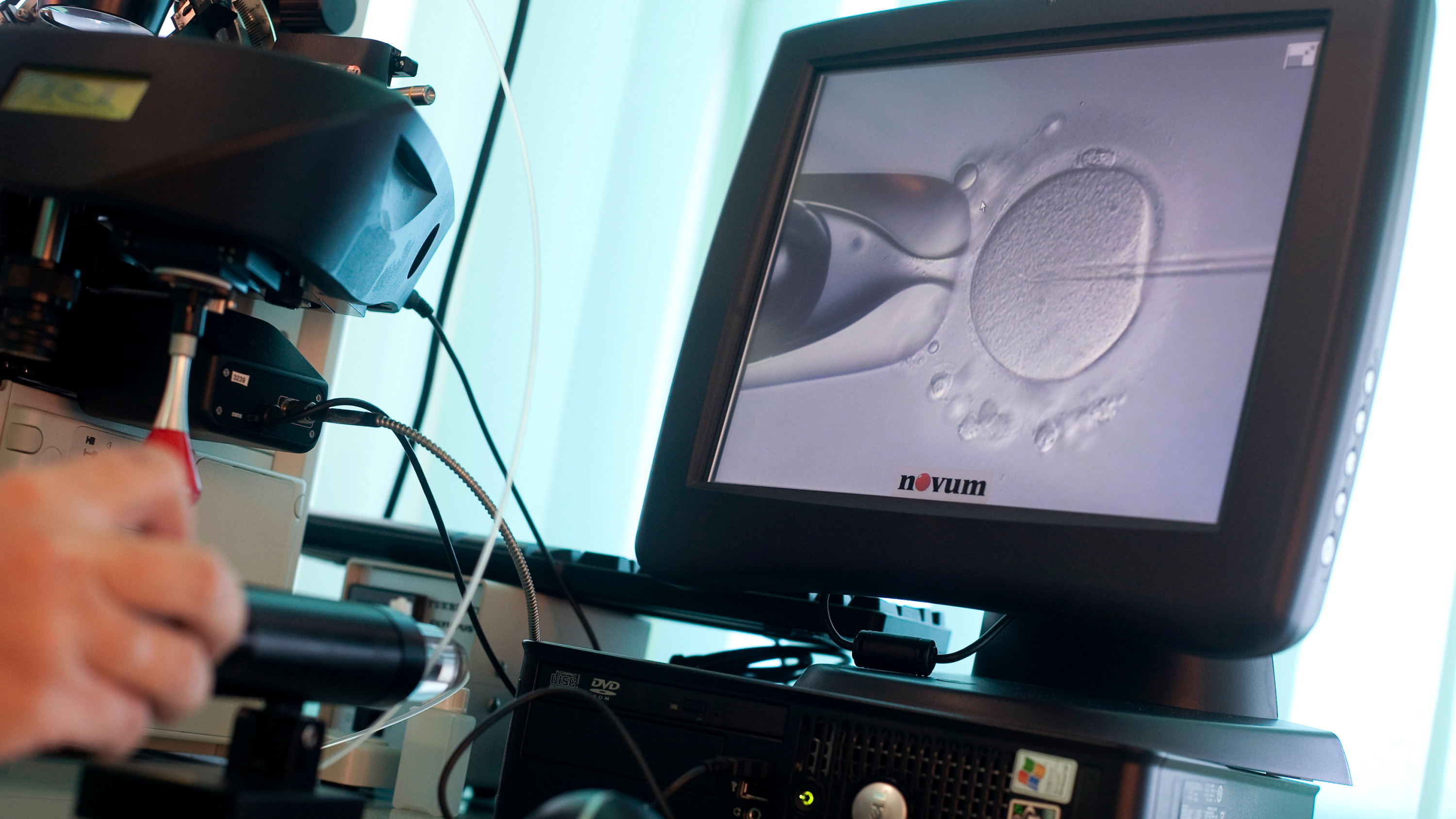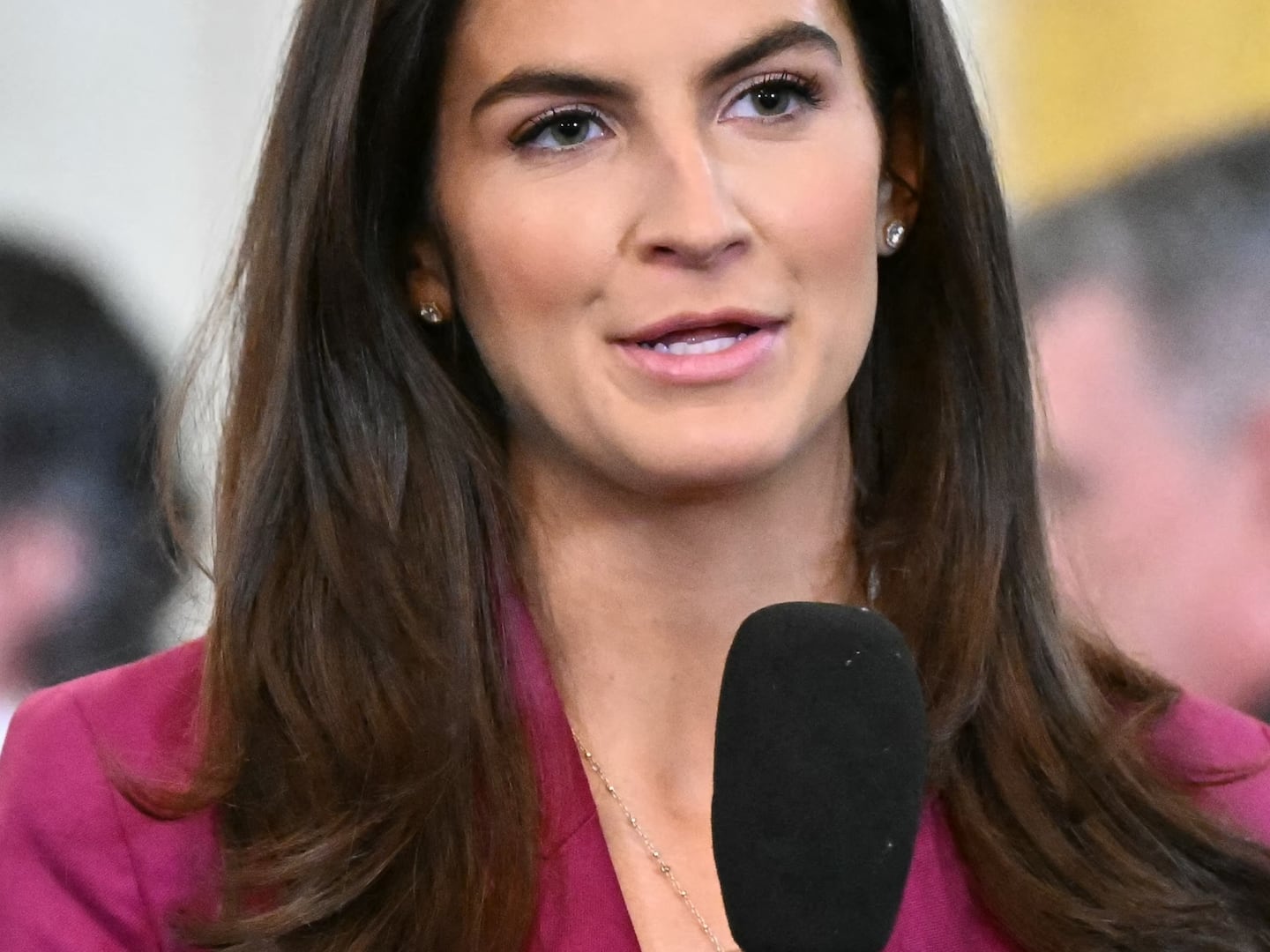Researchers are studying the application of artificial intelligence to increase the success of in vitro fertilization, The Wall Street Journal reports. According to the Centers for Disease Control and Prevention, 31 percent of women ages 35 and under gave birth as a result of the IVF method, while only about three percent of women ages 42 and older had the same results. Most women have to go through multiple rounds of IVF, which can be stressful and expensive. Companies are now exploring “deep-learning algorithms” that may be able to select the most viable embryos to increase the chances of pregnancy and decrease the need for multiple IVF cycles.
One company, Life Whisperer, is developing technology that would compare developing embryo pictures with a large database of previous, successful embryos to select the best one. According to one study, the company has seen a 31 percent “improvement in accuracy” in selecting viable embryos compared to traditional methods. Another company, Harrison.AI, is also reportedly developing a system to help predict whether an embryo will “progress to a fetal heartbeat.”






